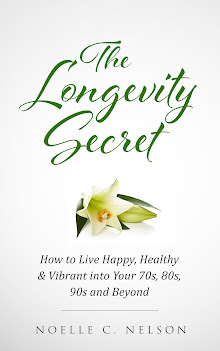When you
look in the mirror, what do you see? That you’re too short, too tall, too fat,
too skinny? That you somehow grew a pimple overnight, or a new set of crows
feet, or maybe it’s time to go shaved-head considering that ever-expanding bald
spot?
Or do you
see your wonderful smile, the sparkle in your eyes, the confident set of your
shoulders? What do you see?
And then
the $1,000,000 question: Do you like what you see?
There’s
the rub. Most of us don’t like what we see. We find fault with so much of ourselves,
mentally, physically, emotionally, that it’s no big surprise that we are
riddled with self-doubt, flagging self-esteem, and a general sense of
unhappiness with ourselves, and by extension, with life.
It’s
really hard to give your all to your work, to your relationship, to your
dreams, to life itself when you think that you’re flawed. No, this isn’t a call
to rampant narcissism; the “I'm too sexy for my everything”
parade. There is a world of difference between simple acknowledgement of who
you are (a very good thing), and believing that you’re somehow better than
everyone else on the planet (narcissism, not so good).
You are
unique. There never has been someone just like you, ever before in all of time,
and there never will be someone just like you, ever again, in all of time. You
are truly one of a kind; isn’t it about time you realized how utterly fantastic
that is? No one else thinks quite like you, no one else sees the world quite
like you, no one else has quite the same combination of skills and talents as
you.
Which
means no one can respond to life quite the way you do.
I just
read a phenomenal article about Blake Pyron, a
19-year-old young man
with Down Syndrome, who is about to open a snow cone shop, making him the youngest business
owner in Sanger, Texas.
If all Blake dwelled upon were what some would call his flaws, if he refused to
be the unique individual he is, he would never have embarked on such a venture.
So, get a
grip. On your uniqueness. On those skills, talents, quirky ideas, whatever it
is that you can harness in the service of your wonderful life.
Be like
Blake, who ignores his Down Syndrome, and simply forges on to manifest his
dream. Ignore your fat/skinny/too short/too tall, pimply, crows nested,
hair-losing self, and get your fabulous self in gear.
Your life
will thank you!






